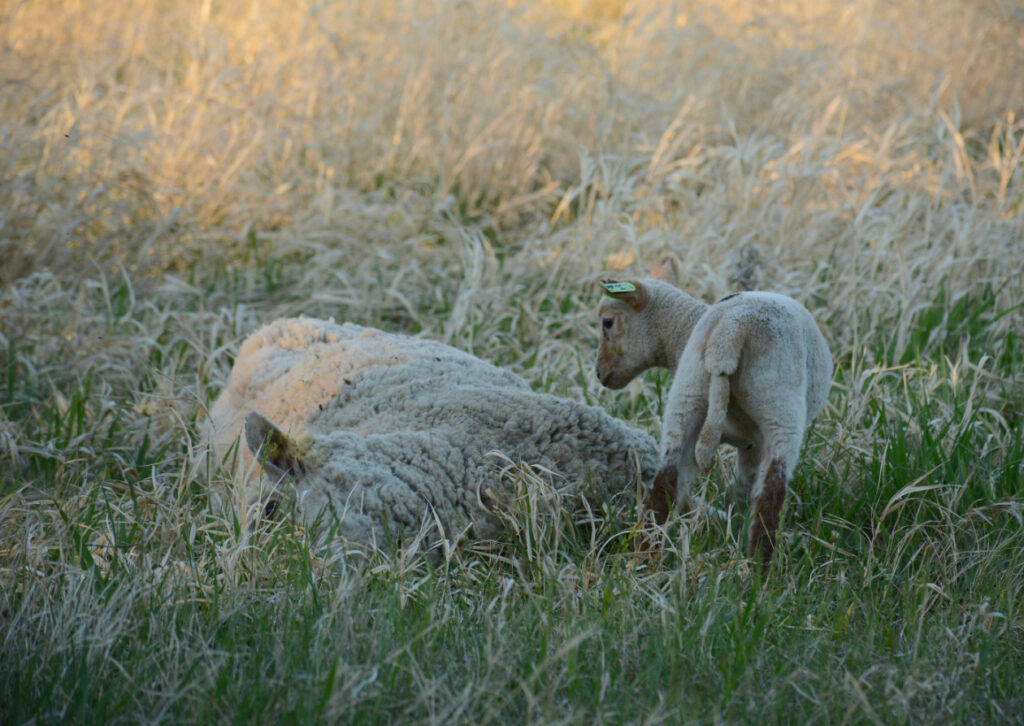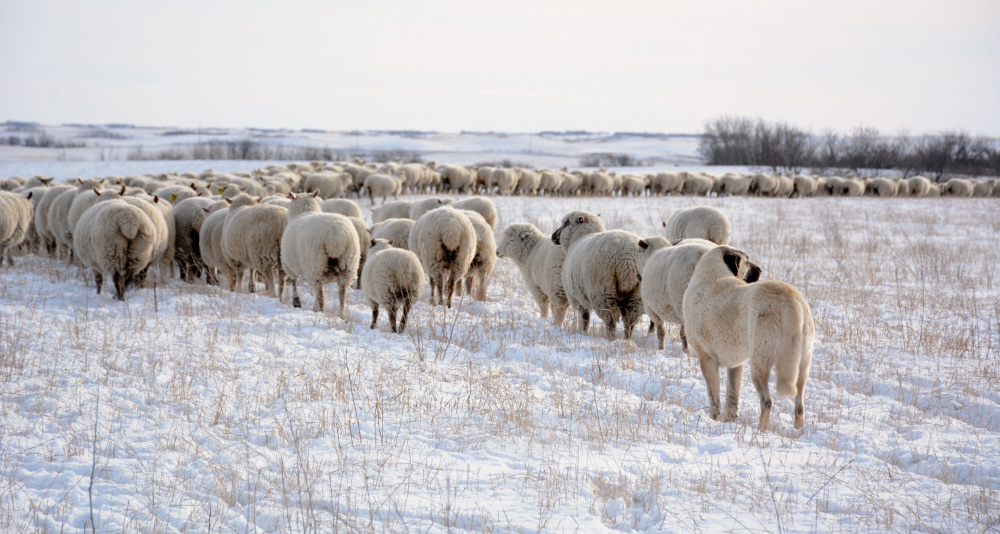For livestock producers, death of animals is a regular occurrence and if we’re having any luck the deaths we regularly experience are the deaths we plan for – the killing of the animals we raise for food; the death of animals who grow old and age out. A mercy kill now and again to end a perceived suffering. We can brace ourselves for these, plan when they occur and console ourselves that is all is well and good.
But there is also unexpected deaths. The deaths by predator that fill us so full of anger. The ewe who just up and dies. And the lambs, oh, the lambs who simply cannot find the will to live. There are plenty enough of those. These are deaths that make it feel like a life was stolen.
I am a tad focused on death and I always have been. I love bones and stones because I think these two features are connected to dying and to rebuilding respectively. My interest of death is not about the emotional scale of grief for the living, that topic has been covered in full, and I think that topic is a private one. My interest is about the tangible purpose of death to living a natural life. A spirit has vanished and left a body for us to deal with – what is that about? And does how we deal with it shape what we value about the nature within us?

For a moment lets not make death to be about us. Let’s make it to be about nature and purpose. In Mother Natures world death must occur as a revolution of life; death serves a functional purpose. This is not a surprising statement; we’ve all read it before or had it preached to us…and we know something of its truth. So when/why did we forget it?
To believe that we should not be touched by harm or death, or to live in fear of them occurring, is an incredibly fractured state to exist in. Because for this to be the case we must close off a very natural part of our Self and live outside of nature. And then we must have complete control over external circumstances and we must take control away from any other being who threatens otherwise. In essence we must become a factory farm and live a militant, factory life. It bears mentioning that this mirrors the state of living we have created around us right now – and that we are feeling very un-natural and broken as a result.
When an animal dies we have a body to look after. After transporting and depositing a ewe or lambs body to an area for natural composting I wipe out the side by side vehicle with handfuls of grass. Dead bodies leak and this cleansing with grass seems to be the most natural thing to do. It began with one of the first dead ewes I had to dispose of by myself. Over the years this habit has become my ritual. The dense feel of grass in my hand, the smell of stems plucked from the earth, the swiping motions made. These senses occur in winter too, with a little snow included. The grass does not absorb the fluid but brushes it away, back to the earth. Sometimes with my tears, sometimes not, but always with a natural simplicity that is deeply profound. When a dog dies there is immediate burial and marking the site with stones – another sort of ritual of returning to the earth and of hope for rebuilding from the loss.
A couple months ago I came across the Latin phrase ‘memento mori‘ – remembering death, acknowledging we will die. Remembering that the end game of life is too vanish. As mentioned in the previous post we will not avoid depletion. We will vanish. Life is to be lived with an awareness of death and the experience of death is to incite us to remember to live. Revolving. Circular. Natural.
